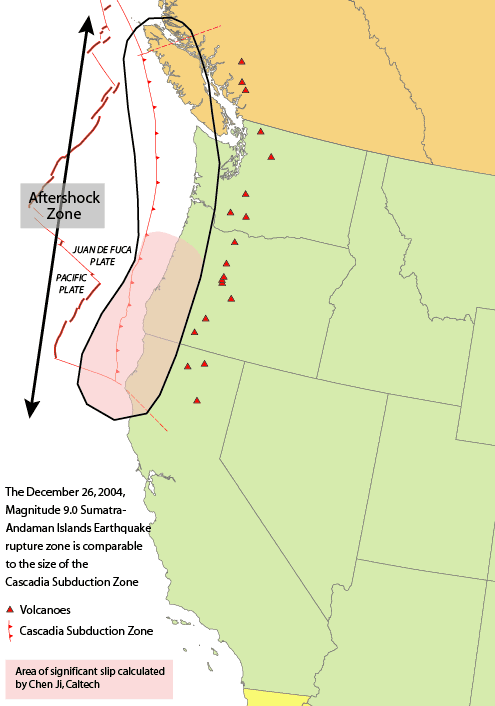Answer: when you try to sue them for false arrest:
The Portland police and City Attorney are making an argument in federal court this month that gives another glimpse into the increasing claims of authority of police in our society. Scott Miller was stopped for jaywalking by Officer Dean Halley in 2010 and admitted that he committed the common violation of pedestrians. The officer however proceeded to handcuff him, tell him “you’re under arrest,” throw him into the back of a cruiser and then drove him a block away. He was in custody for about 30 minutes, but Deputy City Attorney William Manlove is arguing that citizens cannot sue because such acts do not constitute an actual arrest. They are something between a chat and custody, but not an arrest for purposes of legal action.
So, according to Portland, this constitutes just being detained and is effectively beyond any challenge of a citizen. In other words, police can routinely handcuff citizens, lock them in court and even tell them that they are under arrest without being subject to accountability for wrongful arrests.
Deputy City Attorney William Manlove insists that when Miller briefly jaywalked one morning while trying to catch a bus, he could be detained and handcuffed but not treated as an arrested person despite the express statement of the officer. It is an argument that would allow officers virtually unchecked authority in handcuffing citizens and holding them. It is the perfect authoritarian loophole and the city Portland wants to help establish it for future cases.
When Officer Friendly roughs you up, searches your car, and detains you for an indeterminate period of time, in no way does that imply that your rights have been infringed, citizen. Move along … nothing to see here.

 The most likely megaquake on the West Coast would be much further north — in fact, 50 miles off the coast between Cape Mendocino in northern California and Vancouver Island in southern British Columbia. This 680-mile strip of seabed is home to the Cascadia subduction zone, where oceanic crust known as the Juan de Fuca plate is forced under the ancient North American plate that forms the continent. For much of its length, the two sides of this huge subduction zone are locked together, accumulating stresses that are capable of triggering megaquakes in excess of magnitude 9.0 when they eventually slip. As such, Cascadia is more than a match for anything off the coast of Japan.
The most likely megaquake on the West Coast would be much further north — in fact, 50 miles off the coast between Cape Mendocino in northern California and Vancouver Island in southern British Columbia. This 680-mile strip of seabed is home to the Cascadia subduction zone, where oceanic crust known as the Juan de Fuca plate is forced under the ancient North American plate that forms the continent. For much of its length, the two sides of this huge subduction zone are locked together, accumulating stresses that are capable of triggering megaquakes in excess of magnitude 9.0 when they eventually slip. As such, Cascadia is more than a match for anything off the coast of Japan.

